On the eve of the new school year, the question of whether there should be one or more sets of textbooks is causing controversy again.
Tien Phong reporter had an interview with Dr. Giap Van Duong, PhD in Engineering Physics, Vienna University of Technology (Austria); who worked and researched at Liverpool University (UK), National University of Singapore to better understand this issue.
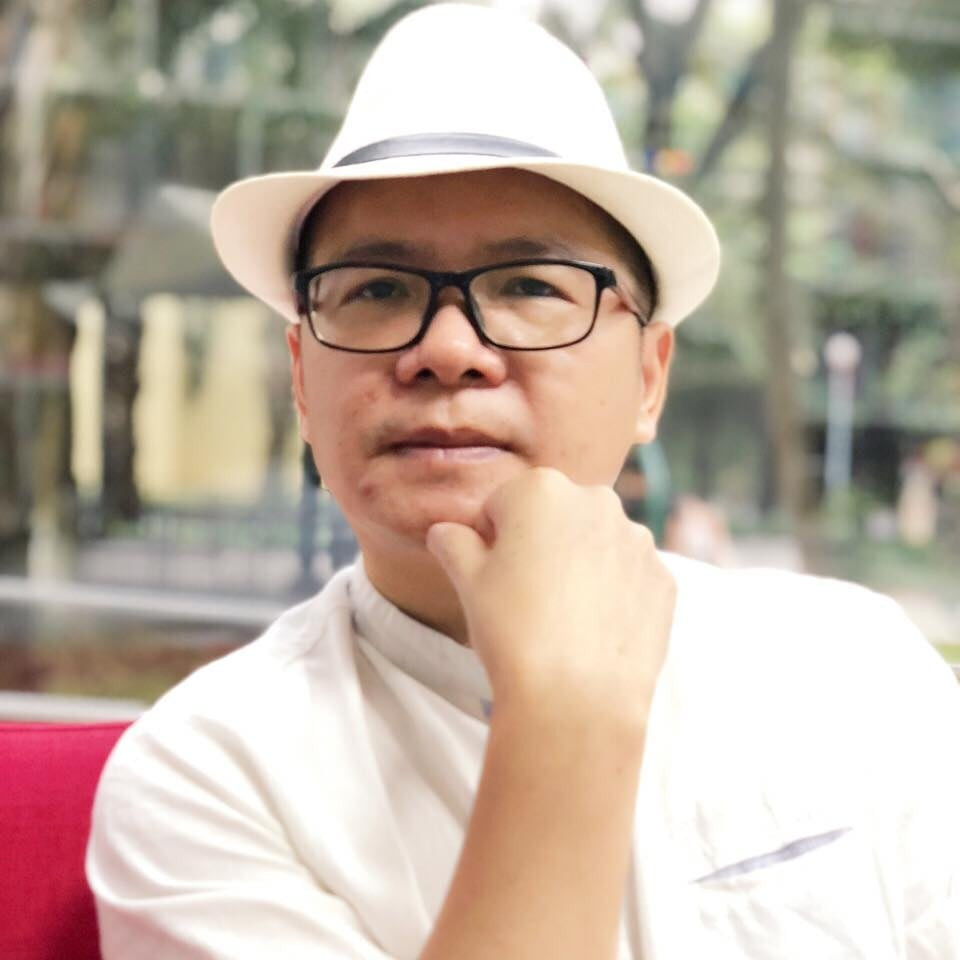
The remaining textbooks will sooner or later become "leftovers" because they are not selected.
Dear Dr. Giap Van Duong, why does Resolution 88 of the National Assembly require the creation of a set of state textbooks as the basis, while other sets of textbooks are socialized, thus still ensuring the diversity of textbooks?
In my opinion, this is a continuation of the view that “the state needs to play a leading role in everything”. Previously, it played a leading role in economics , culture, art, science, education, etc. Up to now, the state has given up its leading role in many areas to play a state management role, such as in the economic and cultural-art fields, because reality has proven that if the state focuses on management, it will be more effective than doing everything directly.
In the field of education, the view that "the state needs to play a leading role" is still supported by many people, perhaps simply for convenience in management or because of the insecurity of assigning the task of compiling textbooks to publishing units, so there is a request for the Ministry of Education and Training to take charge of creating a set of state textbooks.
Therefore, behind the story of making a set of state textbooks is a bigger issue, which is: does the state need to play a leading role in directly making textbooks, or focus on state management in evaluating and issuing textbooks? That is a very big issue, an issue of the country's governance policy, not simply an educational issue.
Recently, there has been an opinion that the policy of “ensuring the provision of a unified set of textbooks nationwide” goes against the spirit of “one program – many sets of books” and will destroy the autonomy and creativity of teachers. If we choose only one of the three current sets of books for unified use, will it destroy the “autonomy” or “creativity” of teachers as we fear, sir?
To make it easier to imagine, we consider choosing a book as ordering food in a restaurant, for example. One side is physical food, the other side is spiritual food. We will see that when there are many dishes to choose from, the level of autonomy will of course be higher. Choosing any dish also requires more creative consideration in making decisions. On the restaurant side, when forced to make many dishes for customers to choose from, the level of creativity will also be higher.
If the Ministry of Education and Training makes a standard set of textbooks, is there a fear that other textbooks will be "redundant"? Because then teachers and students will choose the Ministry's books and the goal of socializing textbook compilation will be ruined? And should the number of textbooks be the measure of innovation, sir?
We can predict that when the Ministry of Education and Training makes a set of state textbooks, localities will choose the state “item” to be safe. The remaining textbooks will sooner or later become “redundant” because they are not selected or reprinted. After a short time, we will have only one item to choose from.
As for whether the number of textbooks is a measure of innovation or not, it is difficult for us to discuss because there is no comparison. Not to mention, innovation in any direction needs to be clarified before discussing the measure of innovation.
But the reality is that in any field, when there are many choices, that is, when there is competition, everything will be better. For example, we have all seen that when there are many airlines, air tickets are cheaper. When there are many phone service providers, the charges are reduced... The quality of products and services will increase when there are many providers. That is the law that we all see and experience every day.
Re-editing textbooks is not necessary at this time.
Suppose we want to return to a single set of textbooks, what would be the positive and negative effects, in your opinion? Would there be a monopoly on price, a monopoly on thinking, and diverse teaching methods for many groups of students and in different regions?
If only one set of textbooks is used, the positive thing is that it is convenient for textbook assessment and management. It is also convenient for localities when choosing books because they do not have to think about anything. Teachers also find it convenient because they follow that set of textbooks to teach and prepare for exams. Test makers also find it convenient because they follow the content and materials of that set of textbooks to create questions, avoiding the headache of finding content outside the book. Families also find it convenient because after finishing a course, they can transfer it to their younger siblings to study again, avoiding having to buy new books. In short, it is convenient in every way!
But this is the convenience of not having to take personal responsibility, everything is taken care of by the state. Good or bad is the responsibility of the state. The question is, should we choose that convenience?
The most negative thing about having only one set of textbooks is that the trend of rote learning and exam preparation will immediately flare up again. If we observe, we will see that the score distribution of this year's high school graduation exam is very "beautiful", approaching the normal distribution. Why? Because this year is the first year that 12th graders have studied many sets of textbooks, so the exam questions are built in the direction of using materials outside of the textbooks. Only then can fairness be ensured for students when studying many different sets of textbooks. This helps to limit rote learning and exam preparation according to textbooks like previous years, making the assessment of students' level better, leading to a "beautiful" score distribution as mentioned.
As for the monopoly on price, thinking, and teaching methods, we have reason to worry, because the prerequisite for monopoly is when there is only one choice, one solution, one supplier. If there is only one set of textbooks used in practice, the possibility of falling into monopoly is much greater than with many sets of textbooks.
Is discussing a single set of textbooks the most important issue at this time, sir? In your opinion, what are the important and urgent issues that the education sector needs to solve at this time?
In my opinion, it is not really necessary to re-make textbooks immediately after the current textbooks have been fully put into use for only one year. The textbooks, after all, are just a form of expression of the 2018 General Education Program. Therefore, it would be more effective to focus on implementing the 2018 Education Program well and updating the program in response to practical developments, especially when AI appears and penetrates every aspect of life.
Thank you!
Dr. Giap Van Duong is an education expert, graduated with an Engineering degree from Hanoi University of Science and Technology (1999), Master's degree from Chonbok National University (Korea, 2002), PhD in Engineering Physics from Vienna University of Technology (Austria, 2006), and postdoctoral research at Liverpool University (UK, 2007-2010); then returned to Singapore to do research at Temasek Laboratories, National University of Singapore, from 2010-2012.
Since 2013, he has returned to Vietnam and focused full-time on working in the field of education and training. In 2015, he was selected by Asia Society as an Asia 21 Young Leader.

IELTS Halo: An Unequal Race in Education?

A series of universities announced the standard scores: Highest 30/30 points
Source: https://tienphong.vn/nen-giu-nhieu-bo-sgk-de-tao-canh-tranh-guc-nhin-tu-chuyen-gia-giao-duc-ts-giap-van-duong-post1771391.tpo



![[Photo] Dan Mountain Ginseng, a precious gift from nature to Kinh Bac land](/_next/image?url=https%3A%2F%2Fvphoto.vietnam.vn%2Fthumb%2F1200x675%2Fvietnam%2Fresource%2FIMAGE%2F2025%2F11%2F30%2F1764493588163_ndo_br_anh-longform-jpg.webp&w=3840&q=75)








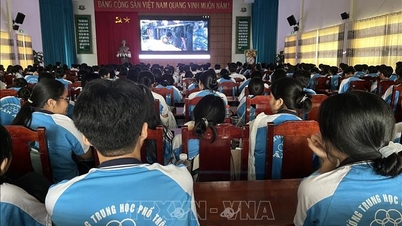



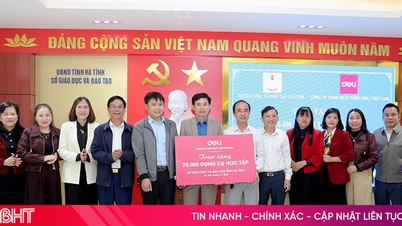





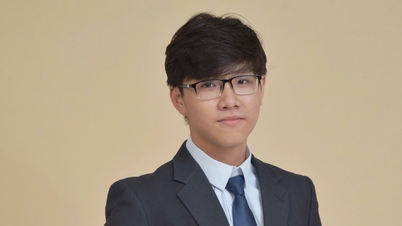

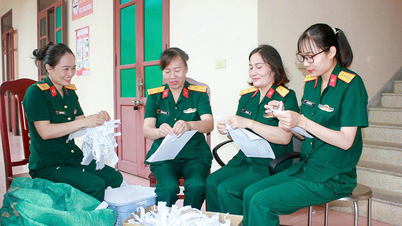


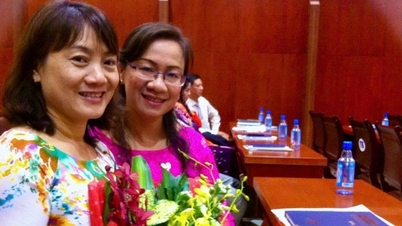





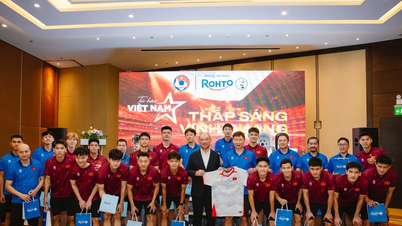



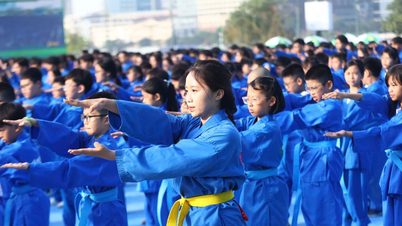
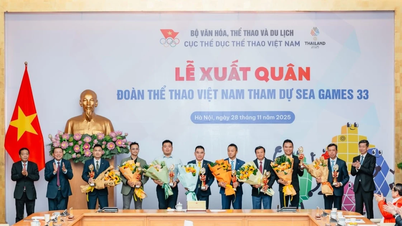

































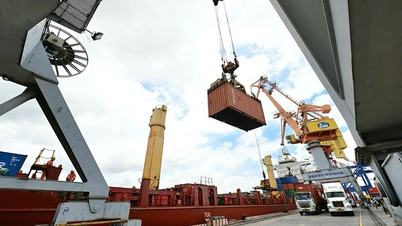

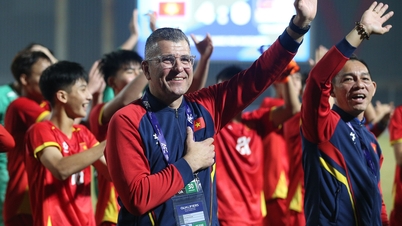



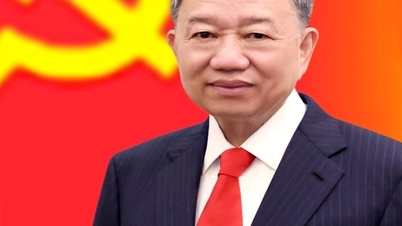

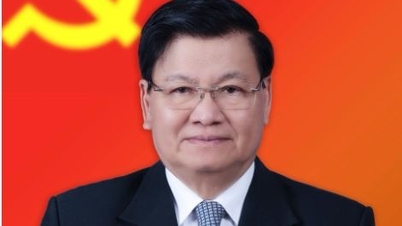
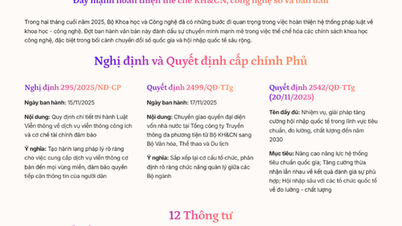

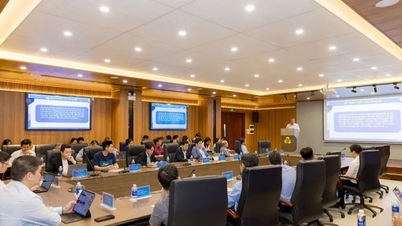
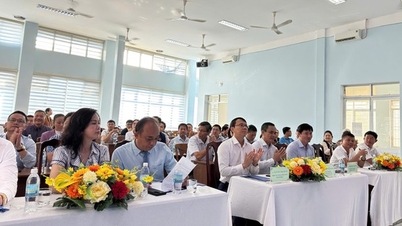










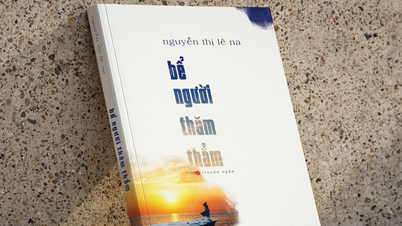








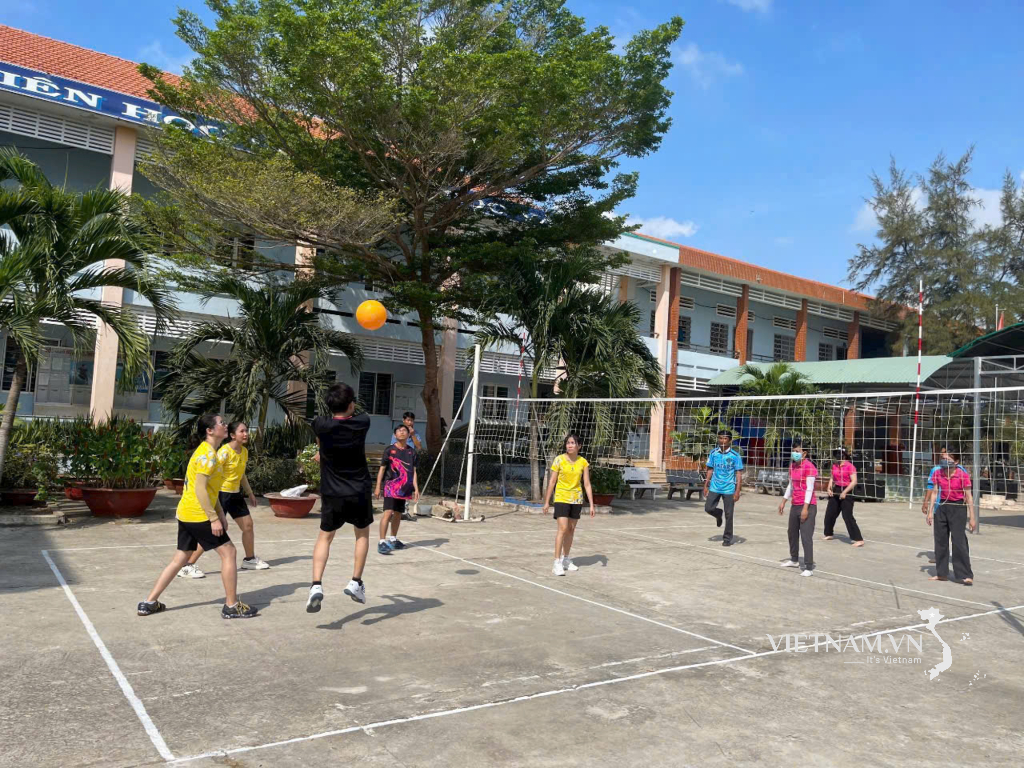
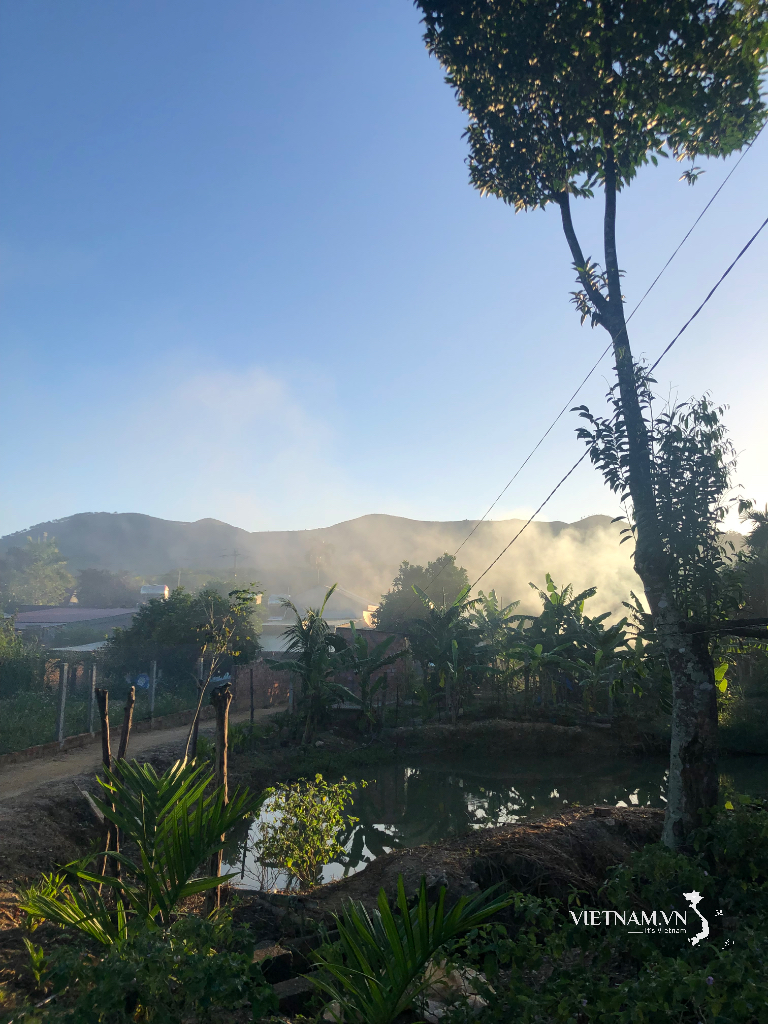

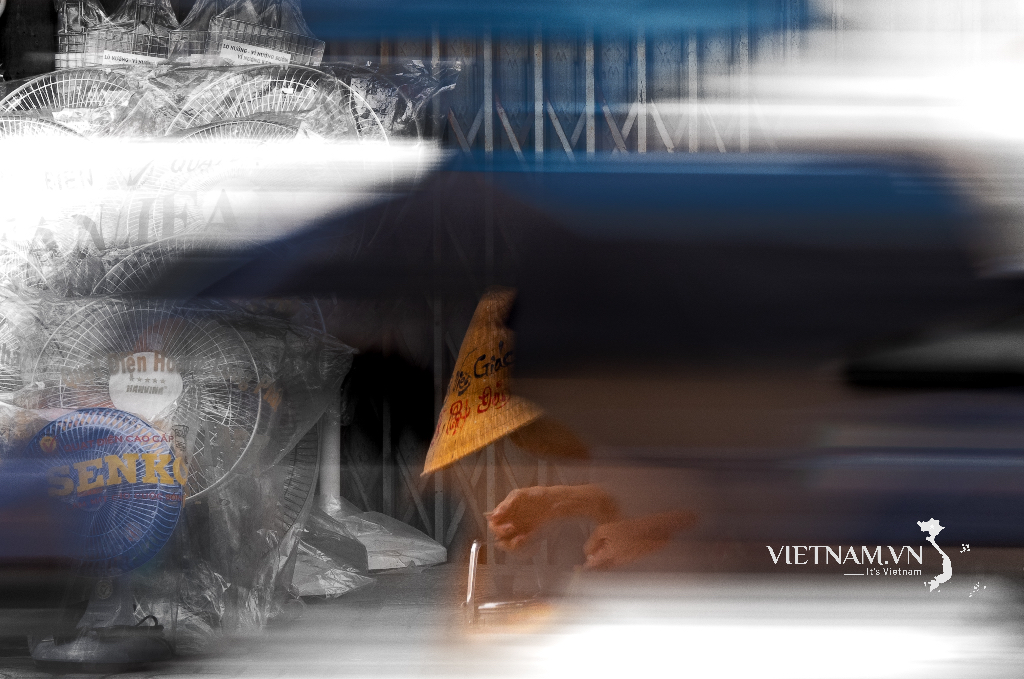
Comment (0)